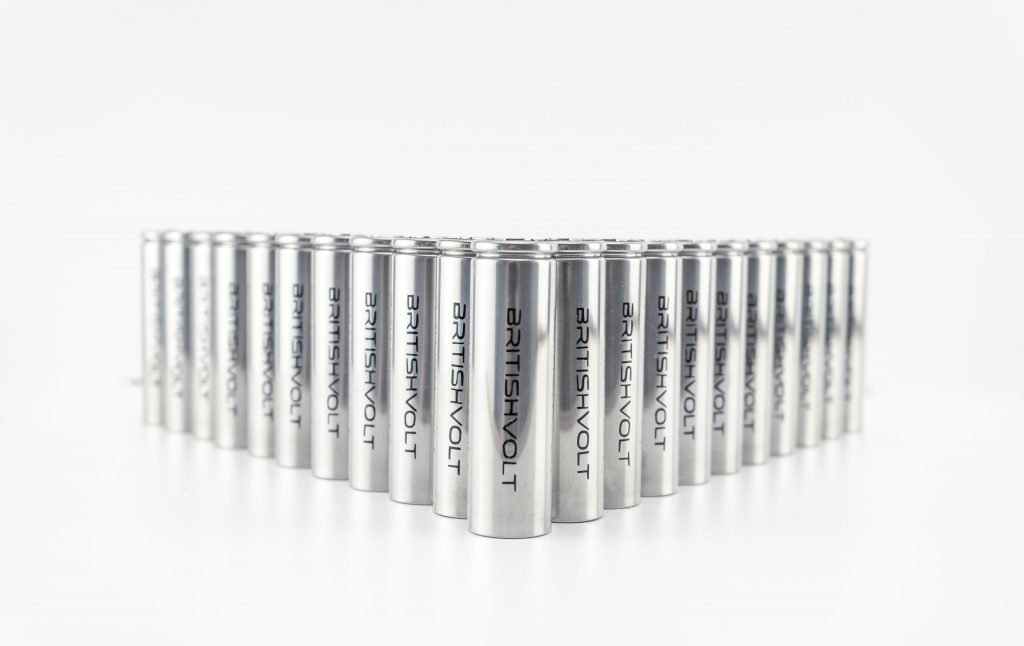Battery maker Britishvolt has signed a Memorandum of Understanding (MoU) with China-based BTR for the supply of synthetic graphite and silicon oxide to be used in its manufacturing processes.
Produced using renewable energy, the anode material is aligned with the company’s desire to “select the very best materials and develop partnerships with world-class suppliers.”
Announcing the partnership, Timon Orlob, global COO 0f Britishvolt said: “Not only do we benefit from the technical expertise of BTR now and in the future, but we also benefit from their global strategy concerning their manufacturing location and upstream material plans.”
Graphite production is hugely energy intensive, much like the bulk of the battery manufacturing industry, making it essential to use renewable energy in the production of batteries that are truly sustainable and low carbon.
The Northumberland-based manufacturer says it is dedicated to developing the “future of electrified transportation and sustainable energy storage”, producing best-in-class, low-carbon, responsibly manufactured lithium-ion battery solutions.
Battery Cell Gigaplant
In January this year, Her Majesty’s Government announced its support for Britishvolt’s gigaplant site in Northumberland from its Automotive Transformation Fund. The manufacturer recently confirmed it will be receiving the funding boost to build the £3.8 billion advanced technology battery cell gigaplant.
Business Secretary Kwasi Kwarteng said: “The vast site will ensure Britain can fully capture the benefits of the booming global electric vehicle market. The well-paid jobs and growth it will generate for the North East of England will be transformational and are exactly the reason we are investing to make the UK the best place in the world for automotive manufacturing.”
The total investment for the Blyth gigaplant is the largest industrial investment in North East England since Japanese automaker Nissan’s arrival in 1984 and one of the largest-ever industrial investments in the UK. At full production, enough cells will be produced for more than 300,000 lithium-ion batteries a year. The facility is expected to employ over 3,000 people directly in skilled jobs, with another 5,000 in the wider supply chains.
The gigaplant is regarded as being strategically important for the UK automotive industry for it to maintain its competitive advantage as it accelerates towards an increasingly electric future. It also supports the UK Government’s Ten Point Green Recovery Plan and is an important step to the UK becoming a net zero economy by 2050, according to the company.
Isobel Sheldon OBE, chief strategy officer at Britishvolt said the funding boost is a clear indicator of the Government’s policy towards electrification of society in the Race to Zero.
